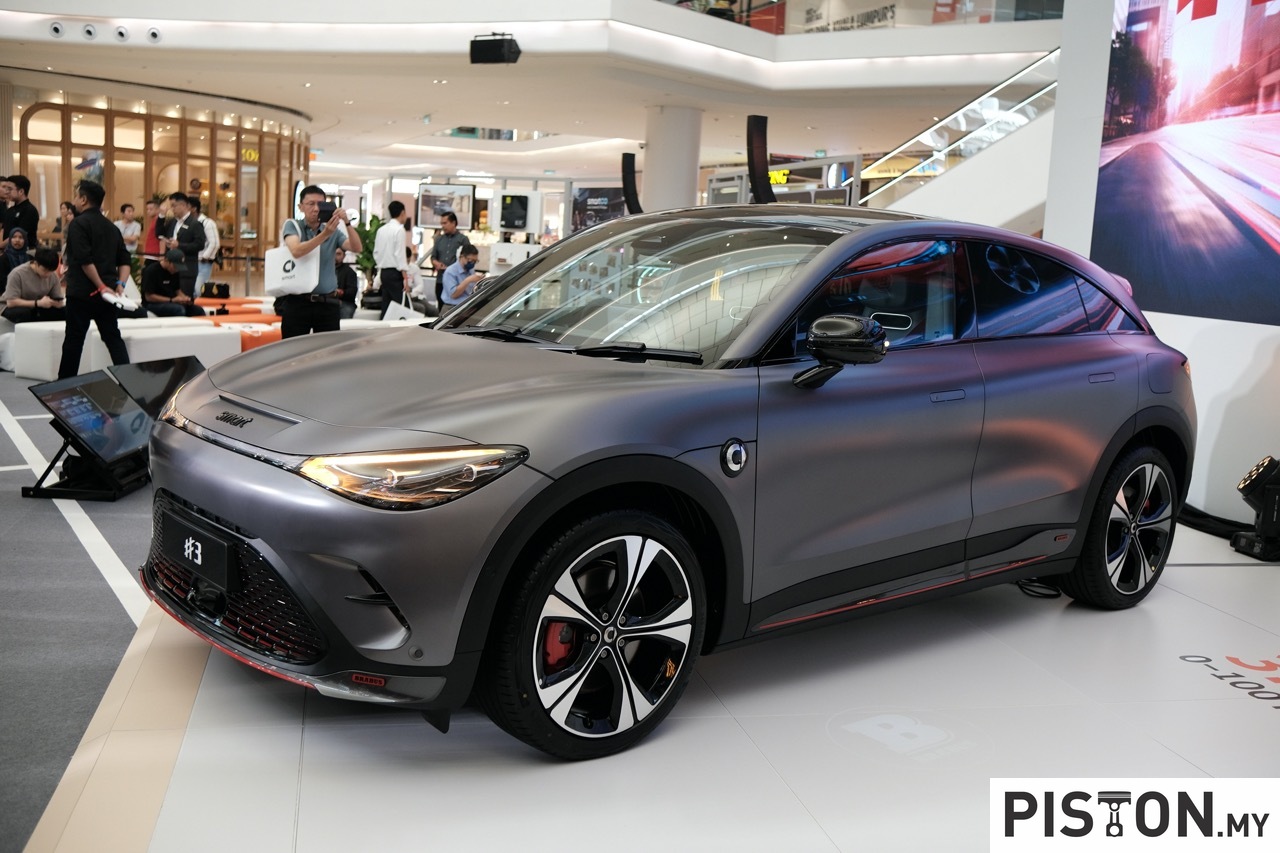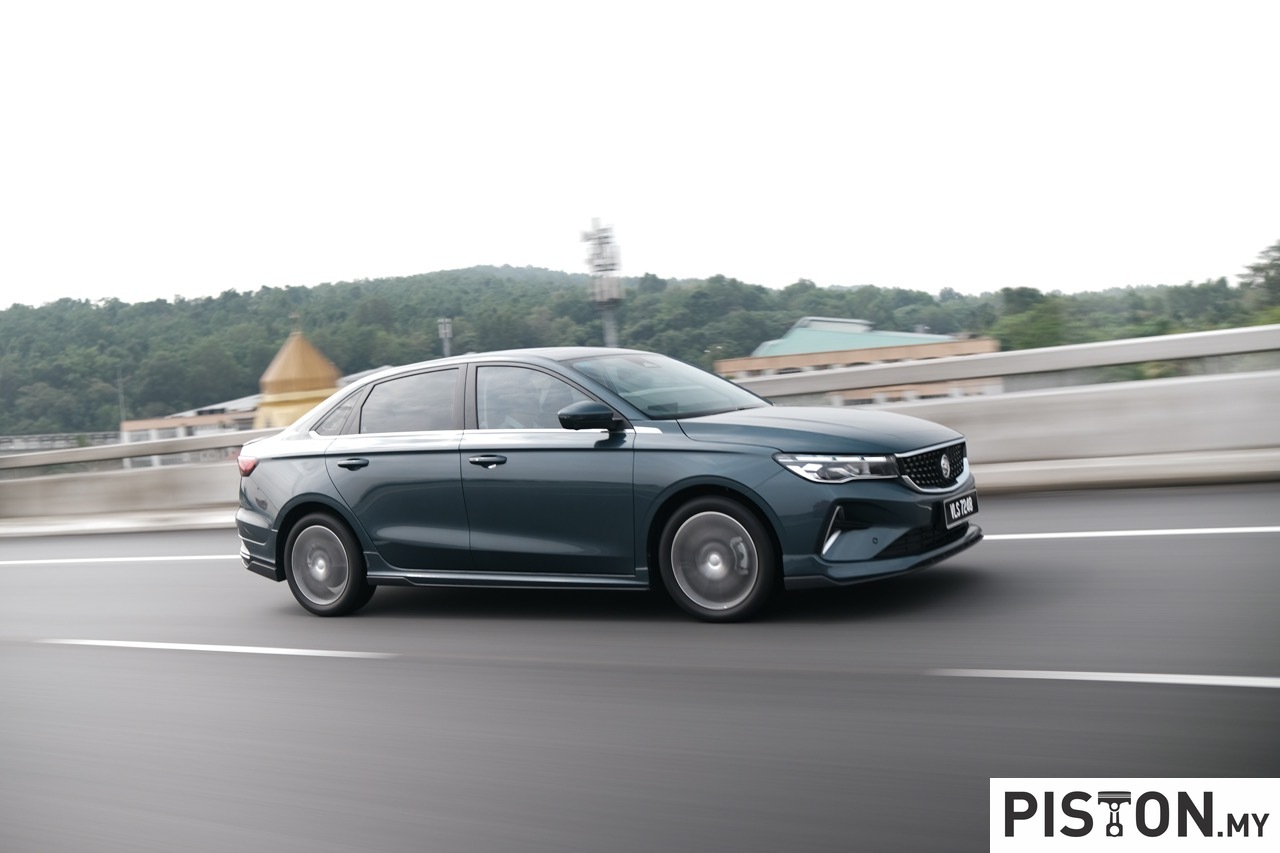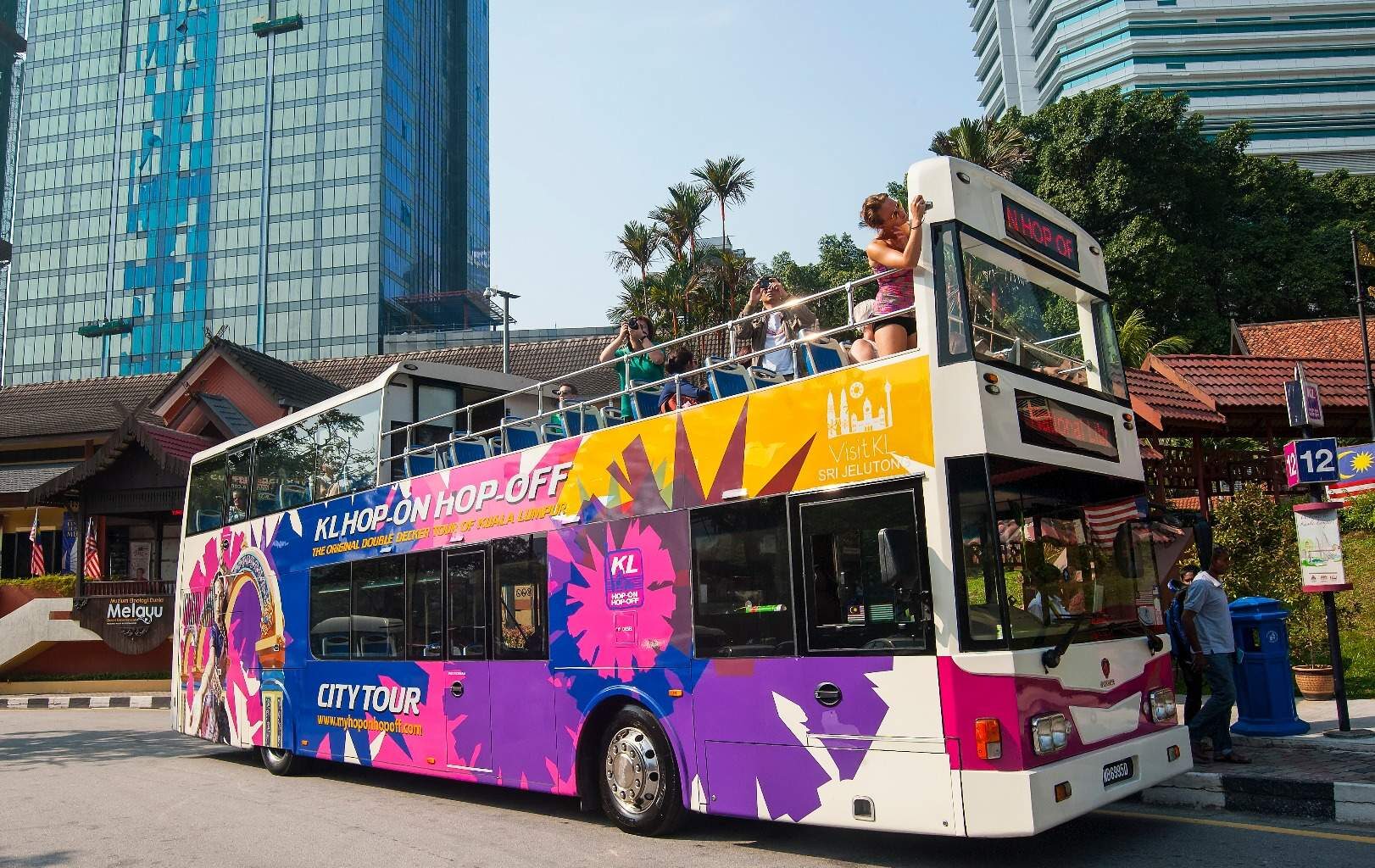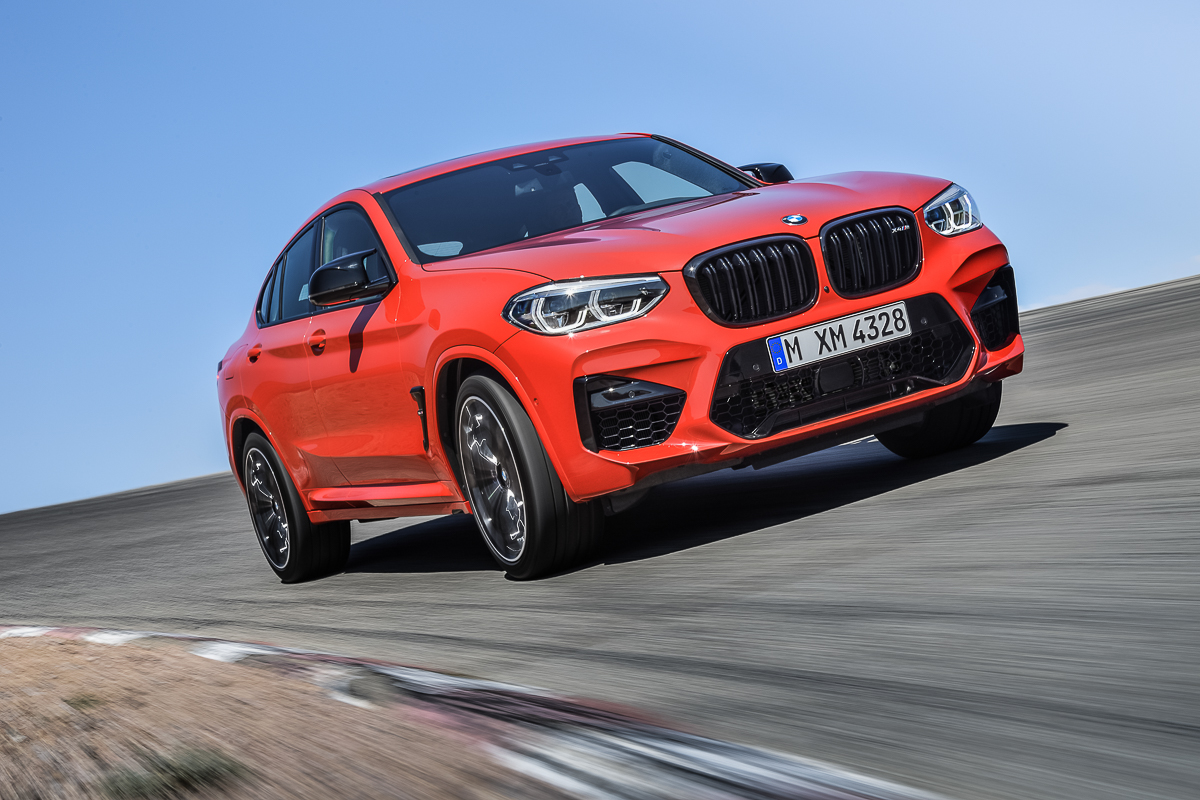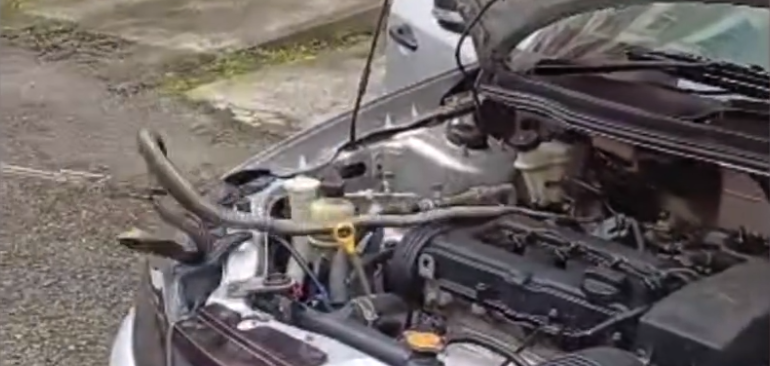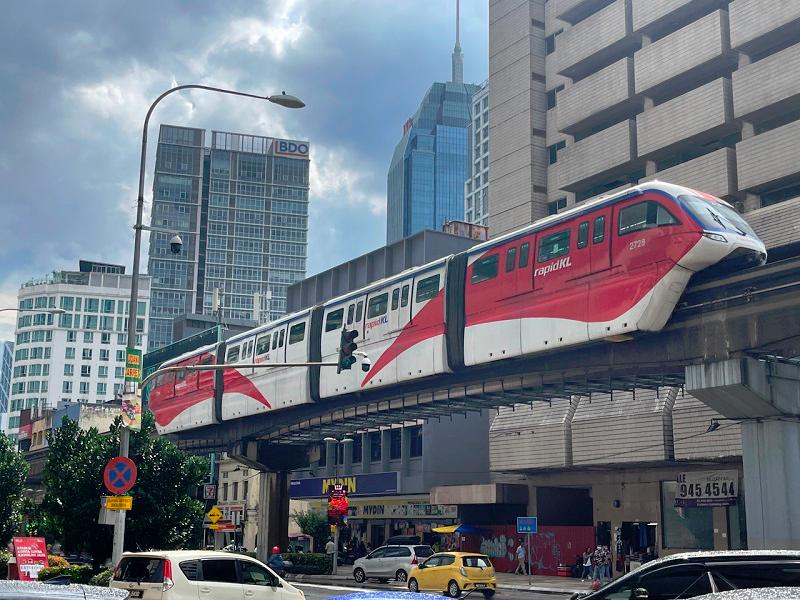Despite a robust beginning to the year, experts are anticipating a slowdown in the Malaysian automotive market’s Total Industry Volume (TIV) in the months ahead. The surge in consumer demand and festive season purchases that fuelled the industry’s momentum in the first four months of the year is expected to wane as 2024 progresses.
In 2023, Malaysia witnessed a record-high TIV of nearly 800,000 units, setting a benchmark for the industry. The positive trend continued into 2024, with the TIV for the first four months (4M24) growing by 8% to reach 260,236 units, compared to 240,417 units in the same period in 2023, as reported by The Star.
Angeline Chin, an analyst at TA Research, attributes the strong performance in April to the traditional spike in sales during the Hari Raya festive season. However, she anticipates a gradual slowdown in sales moving forward, with consumers adopting a cautious stance, particularly regarding electric vehicles (EVs).
While the EV market is becoming more competitive in terms of pricing, Chin observes a hesitancy among consumers to make purchases. She notes that the market’s performance will be influenced by factors such as new model launches and consumer sentiment towards EVs.
Despite the overall slowdown, key players like Perusahaan Otomobil Kedua Sdn Bhd (Perodua) have maintained strong performance, contributing significantly to the market. Perodua’s record-breaking sales in 2023, coupled with increased production to meet demand, have bolstered the industry’s TIV.
In April 2024, passenger vehicle sales saw a notable increase of 25% year-on-year (y-o-y), while commercial vehicle sales experienced a decline of 9% y-o-y. This trend continued in 4M24, with passenger vehicle sales growing by 11% y-o-y and commercial vehicle sales dropping by 15%.
The decline in commercial vehicle sales, according to experts, signifies a period of normalisation following exceptional performance in previous years. However, concerns arise regarding the impact of open Approved Permits (APs) for luxury van imports on the market, particularly as new energy van models from China gain popularity.
Despite the anticipated slowdown, Malaysia’s automotive industry remains robust, solidifying its position as Southeast Asia’s second-largest auto market after Indonesia. With a diverse ecosystem comprising numerous original equipment manufacturers and component manufacturers, Malaysia’s automotive sector continues to evolve amidst changing consumer preferences and market dynamics.





